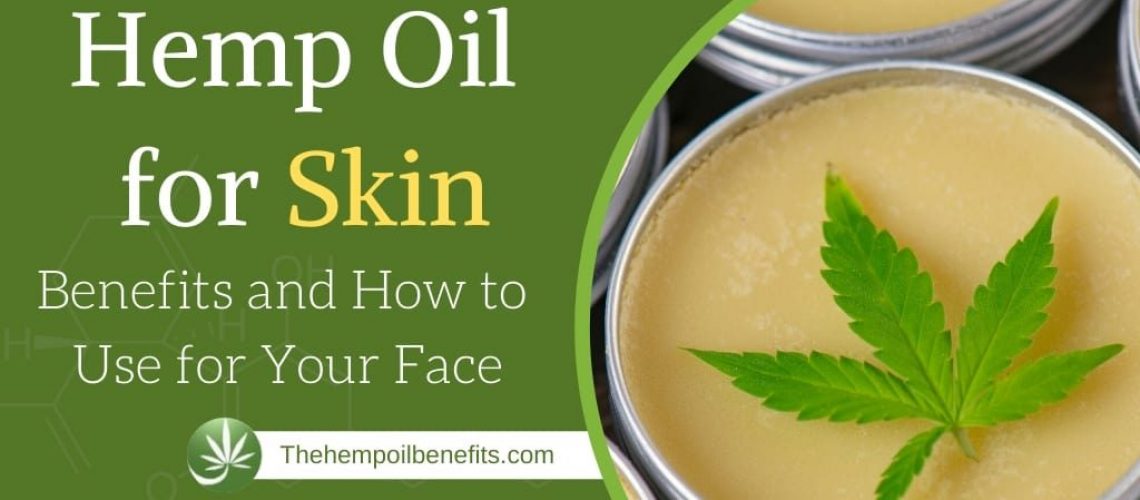Cannabidiol, or CBD, is rapidly becoming a household name as a medicinal and wellness supplement in people and pets alike.
However, CBD has lesser-known relative that, despite its humble upbringings, holds a wealth of benefits: while CBD is a primarily medicinal drug for cats and dogs, hemp oil can additionally be used as a wellness supplement for all of your furry friends.
CBD Versus Hemp: Know the Difference
Because they are so closely-related, CBD and hemp oil are often confused with each other. To clarify, hemp and CBD are two separate product types, but they both come from the same plant: cannabis sativa, or industrial hemp. CBD comes from stalks, leaves and buds, while hemp oil is made from hemp seeds (note that products marked as hemp oil and hemp seed oil are the same thing).
Industrial hemp plants are low in the psychoactive cannabinoid tetrahydrocannabinol (THC), which is found in medical marijuana, so whether you’re using CBD oil or hemp oil, this plant’s extract won’t be getting anyone high.
This makes it especially safe for the use of cats and dogs, whose bodies cannot process THC the way humans can. However, cats and dogs process CBD in a way that’s similar to humans in that we all have an endocannabinoid system in our bodies.
The endocannabinoid system helps to regulate homeostasis, and plays a massive role in managing pain. When CBD enters the endocannabinoid system, it can assist functions that involve pain relief and the reduction of anxiety, suggesting that it may become a viable treatment for symptoms of insomnia, chronic pain and even skin care.
Meanwhile. hemp oil contains traces of both THC and CBD, but there isn’t enough of either to make any kind of difference in the endocannabinoid system.
You may be wondering, then: if hemp oil isn’t THC or CBD, what is it?
The distinguishing characteristic of hemp oil is the fatty acid known as gamma linolenic acid, or GLA, which is responsible for giving hemp its multiple benefits.
GLA Promotes a Healthy Coat and skin
While CBD is also known for its relieving effects on skin conditions, GLA has been shown in studies to be highly beneficial for healing symptoms of atopic dermatitis, which is a severe form of eczema that tends to leave scars. Hemp oil can be used for dogs with skin conditions such as irritant contact dermatitis, parasites, or psychological issues, promoting healthy skin and a lush coat.
It’s an Excellent Source of Omega 3 and 6 Fatty Acids
Hemp oil contains the ideal 3:1 ratio of omega 3 and 6 fatty acids, which it can help your pet balance their own fatty acid levels. This is important because when fatty acids are imbalanced in your pet (and you), it can lead to inflammation, immune dysfunction, and allergies. If your pet suffers from related symptoms, giving them hemp seed oil can help to balance their fatty acids.
Hemp Oil May Provide Pain Relief for Your Pets
Some studies, such as this 2018 trial, have shown that hemp can assist in pain relief. This is mainly due to GLA’s anti-inflammatory properties, which can assist chronic conditions such as joint pain and arthritis.
Hemp Oil is a Good Source of Minerals
Hemp oil is a rich source of minerals necessary to cats’ and dogs’ health which may be lacking in their diets, such as copper, zinc, manganese and iron.
Hemp Oil is a Good Source of Antioxidants
Antioxidants are great for pets primarily because they fight against free radicals. Free radicals occur when contaminants enter your pets’ bodies, and when free radicals build up, they can damage their proteins and DNA. Giving your pet hemp oil, which is rich in antioxidants, will help their immune system and prevent premature aging.
Hemp May Help Fight Cancer
Once again referring to the inflammatory properties associated with the GLA it contains, hemp oil can even assist in preventing (and possibly even treating) cancer. Research shows that hemp oil can fight cancer because it has an inflammatory component, along with most other diseases, such as heart disease and diabetes.
Kristina Shafarenko is a relationship and health and wellness psychologist and a part-time freelance lifestyle writer covering health and fitness, sex, sexual wellness, and relationships. When she’s not writing, you can find her planning her next getaway, taste-testing every coffee spot in sight, and lounging at home with her cat, Buddy.
- Krave the Kratom Capsules: A Fun-Filled User’s Guide to Just Kratom Store’s Finest! - July 21, 2023
- Six Key Benefits of Hemp Oil for Your Pets - January 7, 2023



